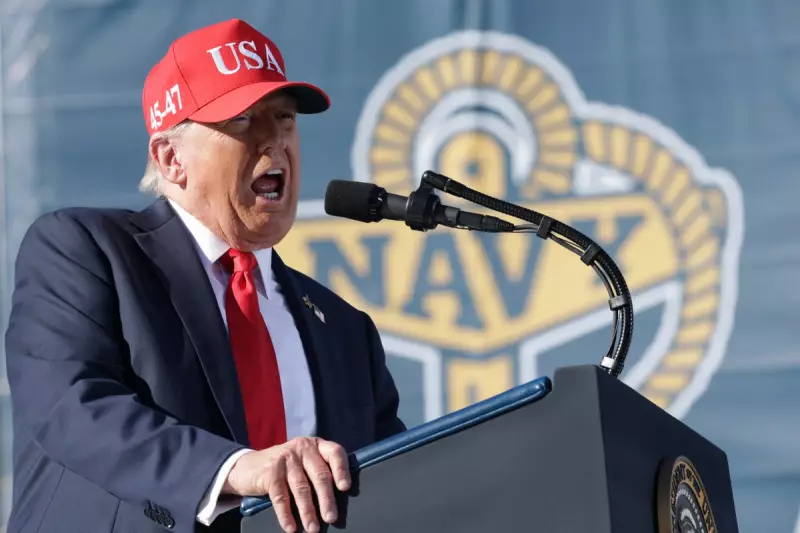
Startling revelations have emerged from classified Pentagon documents that expose how the Trump administration seriously contemplated resuming nuclear weapons testing, a practice abandoned by the United States for nearly three decades.
A Dangerous Departure from Established Norms
According to the explosive report, senior officials within the Trump administration engaged in detailed discussions about conducting the first US nuclear test explosion since 1992. This controversial consideration marks a radical departure from longstanding American policy and international non-proliferation efforts.
The discussions reportedly occurred during a high-level meeting in 2020, where administration officials debated whether a demonstration nuclear test would provide leverage in negotiations with nuclear powers like Russia and China. This revelation has sent shockwaves through diplomatic circles and arms control communities worldwide.
Global Implications and Security Concerns
Security experts warn that such a move could have triggered a new global arms race, potentially encouraging other nuclear-armed nations to resume their own testing programs. The Bulletin of Atomic Scientists, which maintains the Doomsday Clock, expressed grave concerns about the implications for international security.
"This would have represented a catastrophic reversal of decades of progress in nuclear non-proliferation," said Dr. Rebecca Johnson, a leading nuclear policy analyst. "Resuming testing would have undermined the Comprehensive Nuclear-Test-Ban Treaty and potentially opened the floodgates for other nations to follow suit."
Political Fallout and Current Administration's Position
The Biden administration has firmly rejected any consideration of resuming nuclear testing, reaffirming America's commitment to the global moratorium. White House officials have emphasised that the current administration remains dedicated to nuclear non-proliferation and strategic arms reduction.
However, the revelation about the previous administration's considerations raises important questions about the future of US nuclear policy and the potential for similar debates to re-emerge in future political contexts.
The disclosure comes at a particularly sensitive time, with global tensions rising and existing nuclear arms control agreements facing increasing strain. Defence analysts suggest this information could influence ongoing debates about modernising America's nuclear arsenal and the future direction of US defence strategy.





